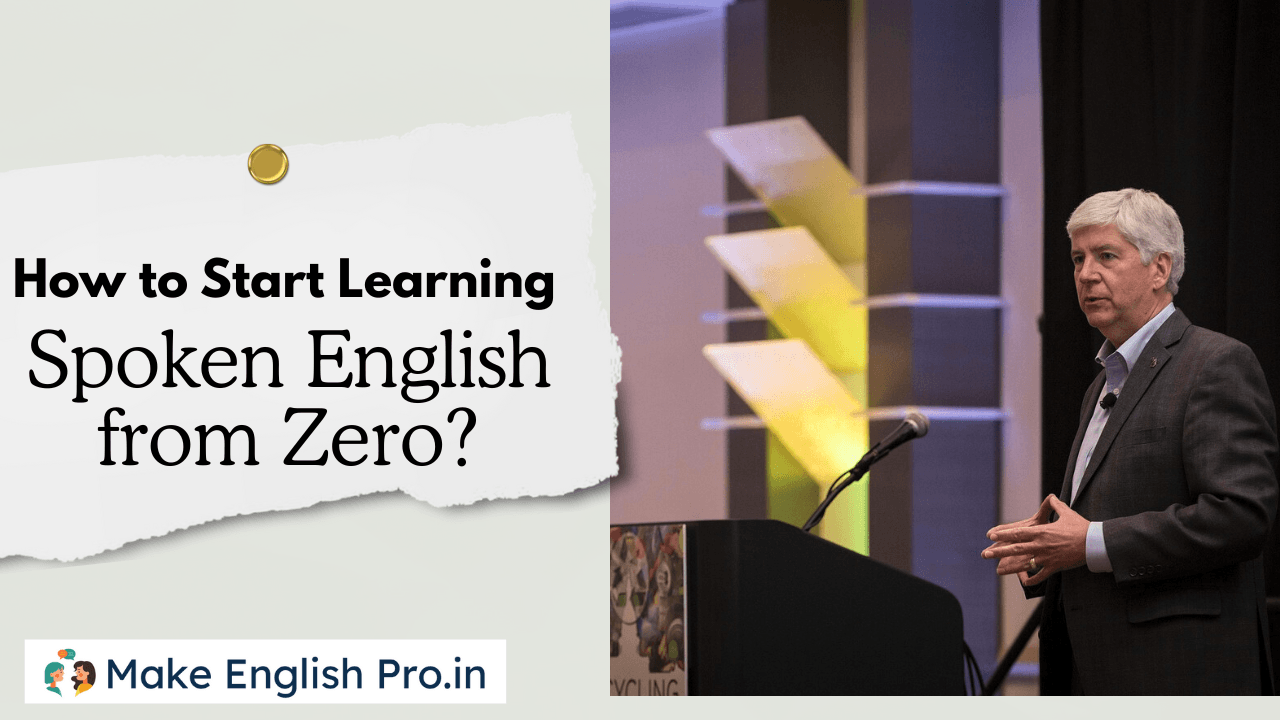Vocational education is a type of education and training that focuses on teaching specific skills and practical knowledge required for a particular trade, profession, or career. It prepares individuals for employment in various industries by emphasizing hands-on experience and job-specific expertise.
Characteristics of Vocational Education:
- Practical Focus: Centered on developing technical skills rather than theoretical knowledge.
- Industry-Relevant Curriculum: Designed to meet the needs of specific professions, ensuring students are job-ready.
- Short-Term Courses: Often shorter in duration compared to traditional academic programs.
- Certification or Licensing: Graduates may receive diplomas, certificates, or licenses required for certain jobs.
- Flexible Learning Options: Includes on-site training, apprenticeships, and online courses.
Goals of Vocational Education:
- To equip individuals with skills that enable them to gain meaningful employment.
- To enhance the employability and productivity of workers.
- To address specific labor market needs by providing a skilled workforce.
Examples of Vocational Fields:
- Healthcare: Nursing assistants, lab technicians, medical coders.
- Technical Trades: Electricians, plumbers, machinists, welders.
- Information Technology: Network technicians, software developers, cybersecurity experts.
- Creative Arts: Graphic designers, animators, culinary professionals.
- Construction: Carpenters, masons, construction managers.
Importance:
Vocational education plays a critical role in:
- Reducing unemployment: By preparing individuals with skills directly applicable to jobs.
- Economic growth: By creating a skilled workforce that supports industries.
- Social mobility: By offering opportunities for individuals to gain employment and improve their standard of living.



